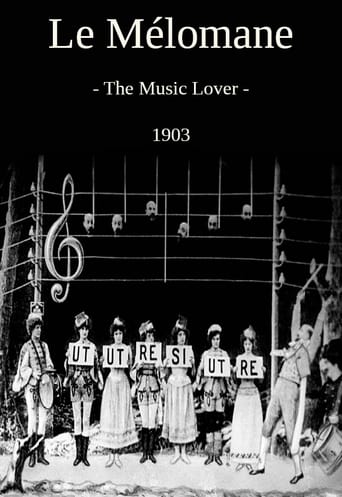


The Melomaniac
The leader of a marching band demonstrates an unusual way of writing music.
-
- Cast:
- Georges Méliès


Similar titles
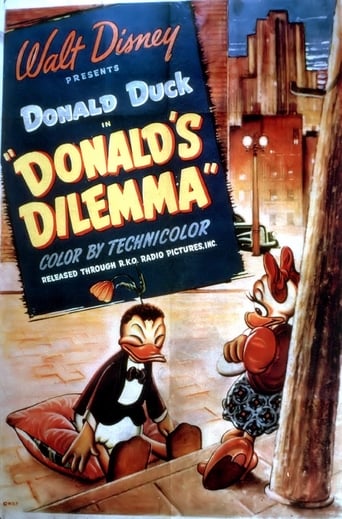

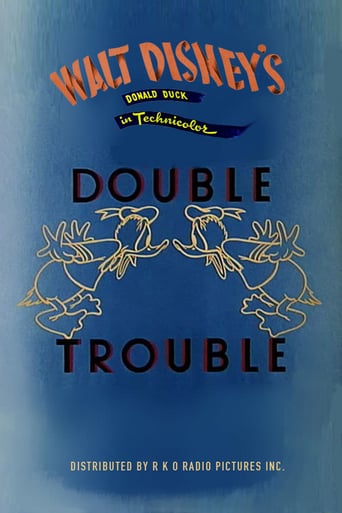
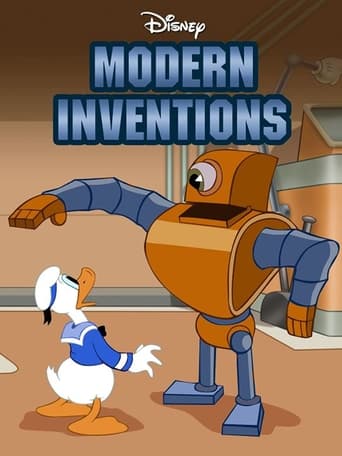
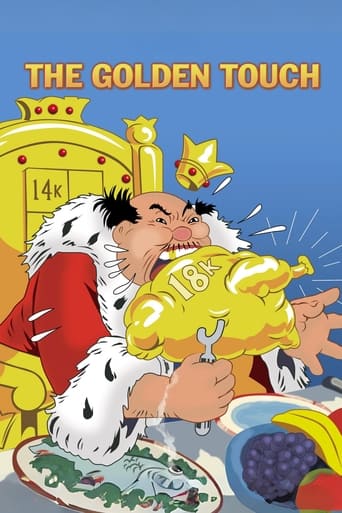
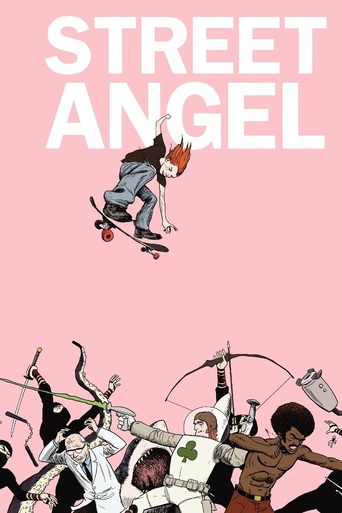
Reviews
What a beautiful movie!
Am I Missing Something?
Too much about the plot just didn't add up, the writing was bad, some of the scenes were cringey and awkward,
I didn’t really have many expectations going into the movie (good or bad), but I actually really enjoyed it. I really liked the characters and the banter between them.
Le mélomane is another of Georges Méliès trick films. In it he plays a musical instructor who teaches a group of female musicians in his own eccentric manner. In this case by using several Méliès heads to illustrate the notes. It's typically insane stuff from the master of innovation.It recalls some of the ideas he invented in previous films. It's almost like a collision of L'homme orchestre and Un homme de têtes. It has the musical theme of the former and the multiple Méliès heads of the latter. So it doesn't really bring anything especially new to the table but it is well crafted nevertheless. Perhaps the oddest aspect about this production is that it appears to be a silent movie with a musical theme. Not exactly the most obvious combination it has to be said. The result is another charming oddity from this cinematic pioneer.
Though filmmakers had been toying with synchronised sound for almost as long as motion pictures have existed William K.L. Dickson's 'Dickson Experimental Sound Film (1894)' is a remarkable piece of cinema history audiences didn't get their first non-silent feature film until 'The Jazz Singer' in 1927. Why, then, would the "Cinemagician" turn his attention so early towards a short film based around music? Viewed today, and often presented in complete silence, the two-minute film seems to be lacking a certain rhythm, regardless of its visual triumphs. But, of course, I am, once again, underestimating the resourcefulness of these early filmmakers, as Georges Méliès usually accompanied his films with a live musical performance and spoken narration. My viewing of 'Le Mélomane / The Melomaniac (1904)' {also known as 'The Music Lover'} was today supplemented by Carlos Gardel and Alfredo Le Pera's "Por una Cabeza," a 1935 tango basically chosen at random from my music collection.Much as he did six years earlier in 'Un homme de têtes / The Four Troublesome Heads (1898),' Méliès uses this brief gimmick film to show off his talent for visual effects, employing extensive substitution cuts, multiple exposures and cross-fades to create the illusion of real magic. The plot is simple enough: a music teacher (our usual host, Mr. Méliès himself) begins to show his marching-band students how to play music, but won't settle for writing down the notes on a small piece of paper. Instead, he fashions the music notes out of his own head (yes, you heard correctly!), removing his skull from its proper position and tossing it upwards at the telegraph wires above him, where it sticks in the appropriate place. Immediately, a new head appears on the teacher's shoulders, and the process is repeated several times. As the band marches off, presumably playing the aforementioned music, the multiple heads are still swivelling about in their places.The film's ending is one of the absolute finest I've seen from the director, and was obviously a product of his former experience as a magician. With the stage empty except for the extant heads, Méliès performs a majestic coup de grâce when they are suddenly transformed into live birds, which flutter gracefully across the set. Interestingly, the uniquely-constructed musical notes form the opening of "God Save the King," an interesting choice for the French filmmaker. 'The Melomaniac' is an interesting Méliès short in many ways. Though not quite as revolutionary as his earlier efforts, as most of the techniques seen here can be glimpsed in earlier films, it is nonetheless an admirable attempt to add some "music" to silent cinema. Give me a video camera, and I'd probably be unable to reproduce the visual effects, which are meticulously-constructed while maintaining a sense of fun about them.
This is one of Melies' most unusual shorts in which he portrays a music teacher who is trying to teach his students some harmony by having various heads of his representing notes on a large series of lines above him. I've always wondered how those various heads keep popping up from his body like that. In the documentary film, The Magic of Melies, I found out Georges stops film in camera, covers his head with a black sheet to match the background, then starts film again. Of course, any technical problems are fixed in editing. The way short ends with all those musical head-notes flying around is one of the most awesome sights I've seen in silent movies. By all means, seek The Music Lover out!
Georges Méliès had such a marvelous imagination that you should never be surprised with anything that he comes up with, but even when you've seen dozens of his features, there's still a good chance that the next one you see could have something new. In this short feature, he combines visual tricks with copies of his own head, something he had already done in a number of previous comedies, with an amusing and creative musical setting.Méliès plays the leader of a marching band who shows them their music on a giant staff, using the heads and various other implements to write the music. It's funny, and the special effects are interesting and work quite well, as usual. (A previous reviewer has given a particularly apt description of the enjoyable trick with the heads.) It's a resourceful way to use a musical setting without having the benefit of the actual music or of any other sound, and it's also enjoyable to watch.
